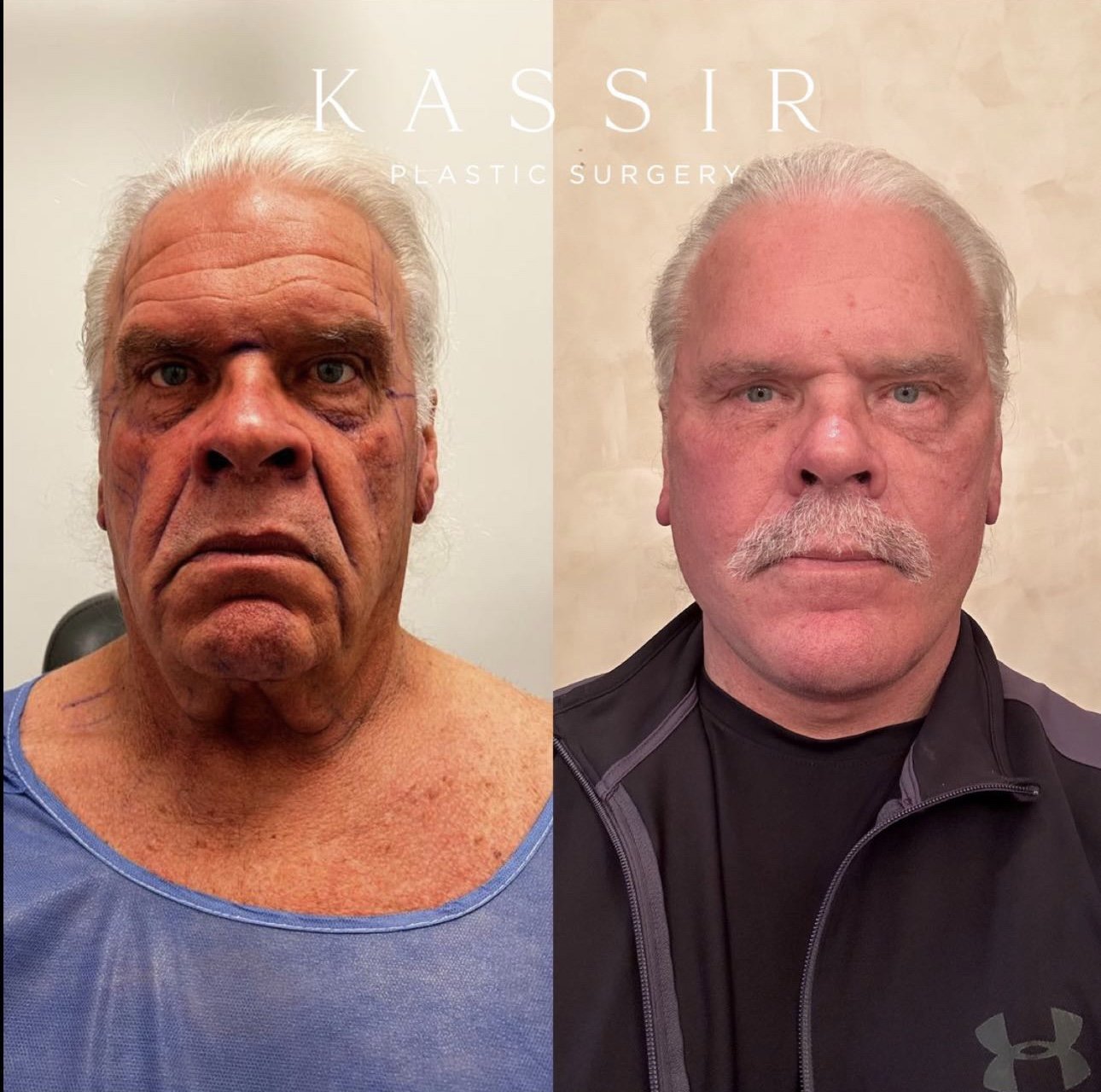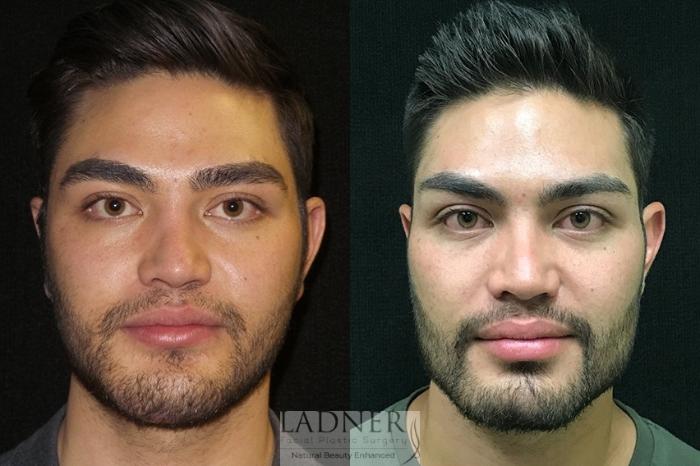Exploring the Emotional and Social Aspects That Drive Individuals to Think About Plastic Surgery as a Way of Renovation
The decision to pursue cosmetic surgery often expands past simple appearances, intertwining with psychological and social characteristics that merit complete evaluation. Variables such as self-worth, prevalent societal beauty standards, and the prevalent influence of social networks merge to form private inspirations for surgical enhancement. As these influences end up being increasingly famous, comprehending the underlying emotional and cultural contexts is vital. What stays to be checked out is the extensive influence these variables have not just on individuality but additionally on more comprehensive societal norms and values bordering charm and approval.
The Function of Self-Esteem
Self-esteem considerably influences a person's choice to seek cosmetic surgical treatment. Individuals with reduced self-confidence commonly perceive themselves in a negative light, causing sensations of insufficiency regarding their physical look. This unfavorable self-perception can drive them to look for surgical treatments as a technique of boosting their self-image. The desire for renovation in one's appearance is often connected to an idea that such modifications will raise their total self-respect and confidence.

Eventually, the function of self-confidence in the decision-making process concerning plastic surgery highlights the intricate interaction between body image, personal complete satisfaction, and mental health and wellness. Comprehending this connection is essential for health care specialists to make sure that patients are making educated choices rooted in realistic expectations and psychological well-being.
Societal Elegance Requirements
Influenced by prevalent media portrayals and social narratives, social appeal requirements play a critical function fit individuals' perceptions of their very own bodies. These standards are frequently defined by an idealized kind of elegance that highlights traits such as youthfulness, slimness, and balance. As these perfects are bolstered with numerous channels, consisting of marketing, film, and tv, individuals frequently internalize these messages, resulting in frustration with their natural look.
The implications of these social norms prolong beyond aesthetic choices; they can impact self-confidence, mental health and wellness, and interpersonal partnerships. Individuals that perceive themselves as disappointing these requirements may experience sensations of inadequacy, prompting a wish for cosmetic surgical treatment as a way of accomplishing societal authorization. This search is commonly sustained by the idea that adjusting to these ideals will improve not only physical look yet likewise social standing and personal gratification.

Impact of Social Media
The influence of societal elegance standards is more amplified by the rise of social networks systems, where curated images and idealized depictions of beauty are ubiquitous. Individuals are regularly revealed to filteringed system and modified pictures, which frequently illustrate unattainable physical features. This direct exposure grows a culture of comparison, leading individuals to examine their very own look against these often unrealistic benchmarks.
Social network influencers and celebs regularly advertise aesthetic treatments, normalizing the idea that surgical enhancements are a practical means for achieving social suitables (plastic surgery rancho cucamonga). The exposure of these enhancements can create an assumption that undertaking plastic surgery is a basic practice, thereby affecting people to think about similar treatments as a pathway to improved self-worth and social approval
Furthermore, the interactive nature of social media enables instant comments through sort and comments, better enhancing the need to adjust to prominent beauty criteria. Such interactions can exacerbate feelings of inadequacy and drive individuals towards plastic surgery as a way of acquiring recognition. Eventually, social networks plays a pivotal duty fit assumptions of charm, which discover here considerably influences the decision-making processes bordering cosmetic surgical treatment.

Social Point Of Views on Appearance
Throughout numerous cultures, perceptions of look are deeply rooted in historic, social, and economic contexts, forming people' sights on charm and value. In many cultures, appearance offers as a substantial marker of identity, affecting social status, specialist chances, and personal partnerships. For instance, in some cultures, light skin is usually linked with riches and privilege, while others might idealize darker complexion as icons of stamina and authenticity.
Additionally, conventional charm standards are commonly perpetuated via cultural stories, media representations, and family members influences, bring about varying perfects across various regions (plastic surgery rancho cucamonga). In Western societies, the emphasis on young people and physical conditioning often drives people toward aesthetic enhancement, while in specific Eastern cultures, more subtle adjustments lined up with typical visual appeals may be liked
Globalization and the expansion of electronic media have additionally made complex these dynamics, developing a hybridization of beauty ideals that goes beyond geographical borders. As here are the findings individuals progressively browse these social narratives, the stress to comply with specific appearance requirements can bring about the desire for plastic surgery, showing an intricate interaction of cultural values and personal ambitions. Comprehending these social perspectives is crucial in resolving the motivations behind plastic surgery factors to consider.
Mental Influences of Aesthetic Surgical Treatment
Many individuals looking for plastic surgery record experiencing extensive emotional influences that can substantially alter their self-perception and emotional health - plastic surgery rancho cucamonga. The desire for physical enhancement usually originates from underlying problems such as reduced self-esteem, body dysmorphic condition, or societal pressures relating to beauty criteria. For some, the instant post-operative stage can cause a short-term boost in self-confidence and contentment with their look, cultivating a sense of empowerment
However, these favorable sensations may not be enduring. Research study indicates that while some clients experience improved self-esteem, others might face heightened stress and anxiety or depression if their expectations are not fulfilled. This disparity can develop from unrealistic suitables perpetuated by media representation and social narratives bordering elegance.
Furthermore, the emotional ramifications of cosmetic surgery expand beyond the individual. Relationships with family members and close friends may be stressed as social dynamics shift, bring you can check here about feelings of seclusion or alienation. Ultimately, the mental impacts of plastic surgery are complicated and multifaceted, needing careful consideration by both prospective patients and healthcare companies to guarantee informed decision-making and practical assumptions.
Conclusion
To conclude, the decision to seek plastic surgery is substantially affected by a combination of self-confidence issues, social charm standards, and cultural perspectives on look. The prevalent reach of social media sites better exacerbates these stress, promoting unrealistic suitables that individuals often aim to attain. Recognizing these mental and social factors is vital for resolving the inspirations behind cosmetic surgical treatment, highlighting the demand for an extra nuanced discussion bordering charm and self-acceptance in modern culture.
The choice to seek cosmetic surgery commonly expands past simple visual appeals, intertwining with social and psychological characteristics that warrant detailed examination. Inevitably, social media plays a critical duty in shaping perceptions of beauty, which significantly impacts the decision-making procedures bordering cosmetic surgery.
As people increasingly browse these cultural narratives, the stress to adapt to particular appearance requirements can lead to the wish for cosmetic surgical treatment, mirroring a complicated interplay of cultural worths and personal aspirations.In conclusion, the choice to pursue cosmetic surgery is significantly affected by a combination of self-worth problems, societal beauty criteria, and cultural perspectives on look. Comprehending these mental and social variables is crucial for resolving the inspirations behind cosmetic surgery, highlighting the demand for a much more nuanced conversation surrounding beauty and self-acceptance in contemporary culture.